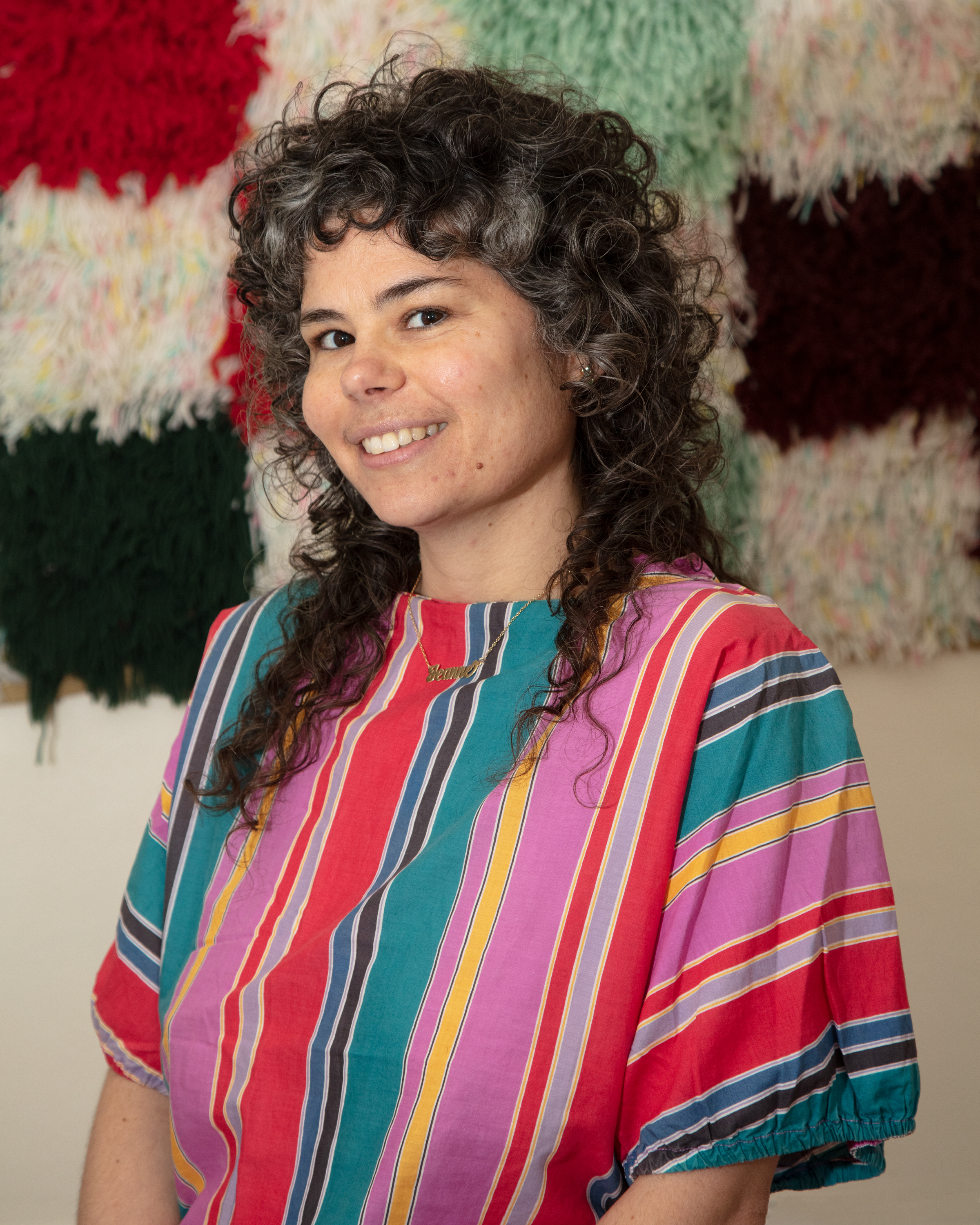"What’s Still Good about Yesterday’s Liberation?"
Talk description forthcoming!
Jeanne Vacarro is a scholar and curator. Her book in process, Handmade: Feelings and Textures of Transgender, considers the felt labor of making identity, and was awarded the Arts Writers Grant from the Andy Warhol Foundation. She is also the recipient of the Alan Bérubé prize for outstanding LGBT public history awarded by the American Historical Association, and her research has been funded by the Getty Foundation, Council on Library and Information Resources, and the Trans Justice Funding Project.
She is co-editor, with Joan Lubin, of a special issue of Social Text on the afterlives of American sexology. She has published scholarly writing in GLQ, Radical History Review, and Journal of Modern Craft, and art criticism in Trap Door and BOMB Magazine, as well as exhibition and museum texts. She was a Queer | Art curatorial fellow, and serves on the advisory board of the NYC LGBT Center’s archive. With AJ Lewis she co-founded and co-organizes the New York City Trans Oral History Project, a community archive partnership with the New York Public Library.
Series Description
Cultural Studies has often been framed as a method of approach, a way of understanding and interpreting the relationship between cultural narratives and social and political institutions with particular attention to questions of power and resistance. The past few decades have seen several challenges to this method, from the new materialist critique of the linguistic turn to post-critical and auto-theoretical emphases on aesthetics, affect, and memoir. These movements have been especially central to work in queer studies and queer of color critique, most centrally expressed in Eve Kosofsky Sedgwick’s complaint about the stultifying sameness of approach in queer theoretical writing and its mistaken fidelity to exposure and persuasion as activist modes. These challenges have broadened the scope of humanities research, taking in archives formerly left to the sciences and modes of thought once considered too creative to count as academic arguments. The resulting profusion of subjects and styles reflects the robustness of our field in a way often overlooked by the so-called method wars.
This year, Culture Nights seeks to celebrate and enrich our work on how we write and what we write about with a series of meetings that push us beyond the form of scholarly writing. How can we understand these forms as producing criticism, and what sort of criticism do they produce? Our series invites scholars whose works have taken the form of films, pamphlets, and how-to books, archival and visual curation, plastic and fabric art practices, and event-creation, to discuss how (and whether!) they see their work as forms of criticism. As a way of putting our interests into practice, we will encourage presentations that experiment with form and media, including film screenings, interviews, readings, and collaborative workshops.


